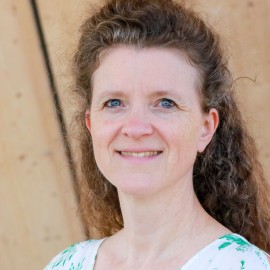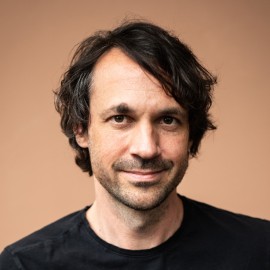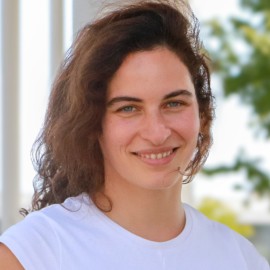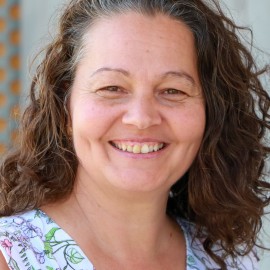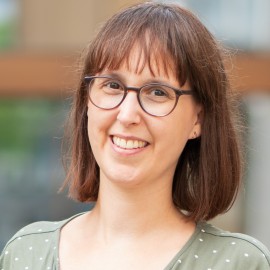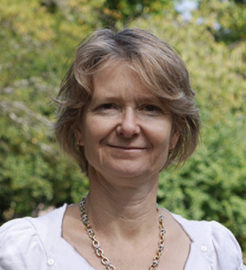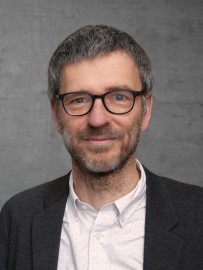Since her PhD work on knowledge awareness in computer-supported collaborative learning at the Knowledge Media Research Center in Tübingen, Jessica continued to work on digital education, both in academia and industry. She was postdoctoral researcher at University of Fribourg, a teacher at the PHW business school in Bern and coordinated the Leading House Dual-T (Technologies for Vocational Training) at EPFL. For 4 years, she was pedagogical innovation lead in the EdTech startup Coorpacademy which is part of the Swiss EdTech Collider. Today, Jessica is working on the evidence-based evolution of education as executive director of the EPFL Center for Learning Sciences.
Consortium

DEEP is a research consortium that aims to clarify the foundations, challenges, and consequences of the digital transformation for Swiss primary schools. The aim is to contribute to an equitable and sustainable digitalization in the early years of school education.
Seven universities work together in DEEP, reflecting the institutional, disciplinary, methodological, and regional diversity of Swiss educational research.
The École Polytechnique Fédérale de Lausanne (EPFL) and the Zurich University of Teacher Education (PHZH) jointly run the DEEP Coordination Office. As a tandem, EPFL and PHZH are in charge of the strategic and operational alignment of DEEP.
DEEP is supported by the Jacobs Foundation. DEEP’s research and translational activities started in 2024 and are planned to run for a total of eight years. The DEEP consortium is part of Jacobs Foundation’s initiative Education in Digitality, together with the project Chance Digitality operated by staatslabor and ProEdu.








